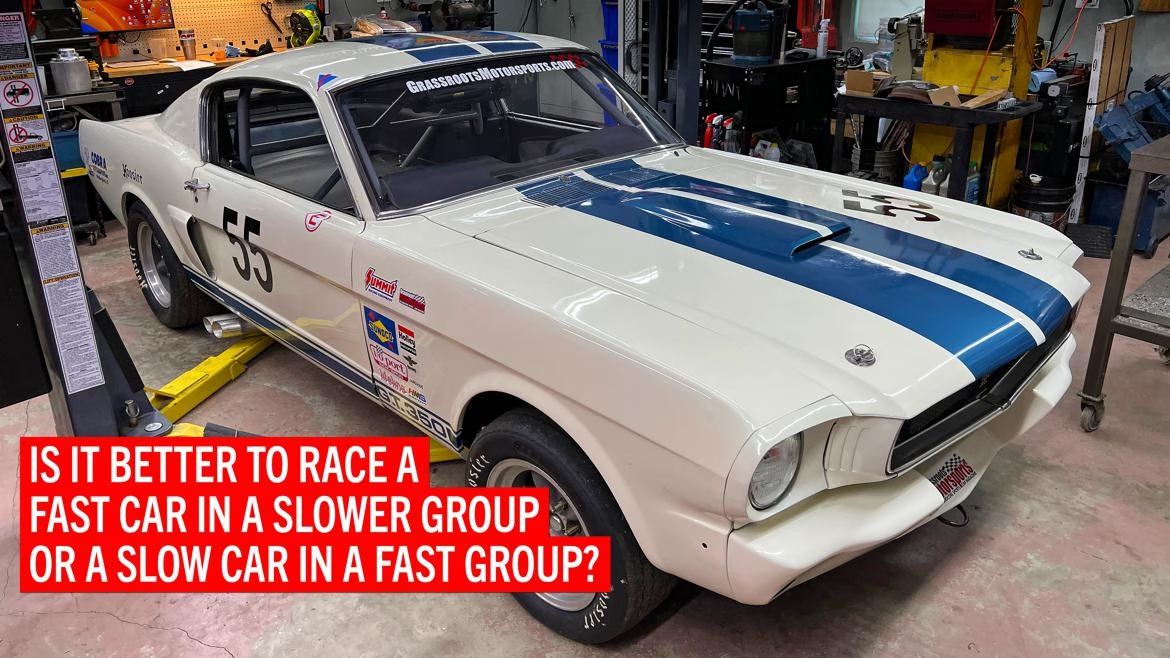As with so many of us, in my earlier years it was all about power: How much engine could I stuff into how little of a chassis? It was all in a quest to see how fast I could go.
At one time, a flyweight Triumph Spitfire with a 240-horsepower rotary that would hit 60 in about 4 seconds sounded perfectly reasonable. It could spin the tires at whatever speed.
A series of V8-powered Tigers and TVR Griffiths also sounded like good decisions. The latter of those two, with that Ford engine nestled inside a flyweight fiberglass body, sounds like a hotrodders delight, doesn’t it? I can tell you that it’s not. Stinking fast, yes. Refined? Not entirely.
Not fast enough? I have been lucky to run Brian Johnson’s Lola T70 Can-Am car at Sebring, the Group 44 Inc. Trans Am Jaguar at VIR, and Curt Vogt’s wicked-fast Boss 302 vintage race Mustang at Road Atlanta.
While I still own and like fast cars, I’m learning that subtlety has some appeal as well. A well set-up E30-chassis BMW 318is with 150 horsepower is as much fun on the Tail of the Dragon as almost any car with double that.
And an Alfa Spider with about 135 horsepower is just as lovely for a weekend drive as a Tiger with three times the power. The Tiger might bark louder, but the Alfa just sings.
I’ve also happily raced my Triumph TR3 for decades and have enjoyed many a Miata on track. My old Formula Vee was all about momentum and smoothness, as its 1200cc engine only provided so much grunt. I paid for mistakes, too, as I couldn’t cover them up with any spare horsepower.
I’m just finishing up what could be best called a hybrid–and no, not that kind of hybrid. We’re building what should prove to be a very fast race car for a class full of theoretically slower cars: a not-so-radical 1965 Mustang that will run against highly strung 2-liter Porsches and the like.
So, this raises the age-old question: Is it better to race a fast car in a slower group or a slow car in a fast group? For me, pricing helped me make this decision. To build an early Mustang for a faster class is a six-figure proposition–and that’s before you factor in the expenses of campaigning that faster car. More speed usually equals more tires, more brakes and more breaking things. Personally, even if I had that kind of money, I would rather race a cheaper, slower car in a slower group.
What about you? Whether heading to the street or the track, are you all about having the…
Click Here to Read the Full Original Article at Grassroots Motorsports Online Articles…

